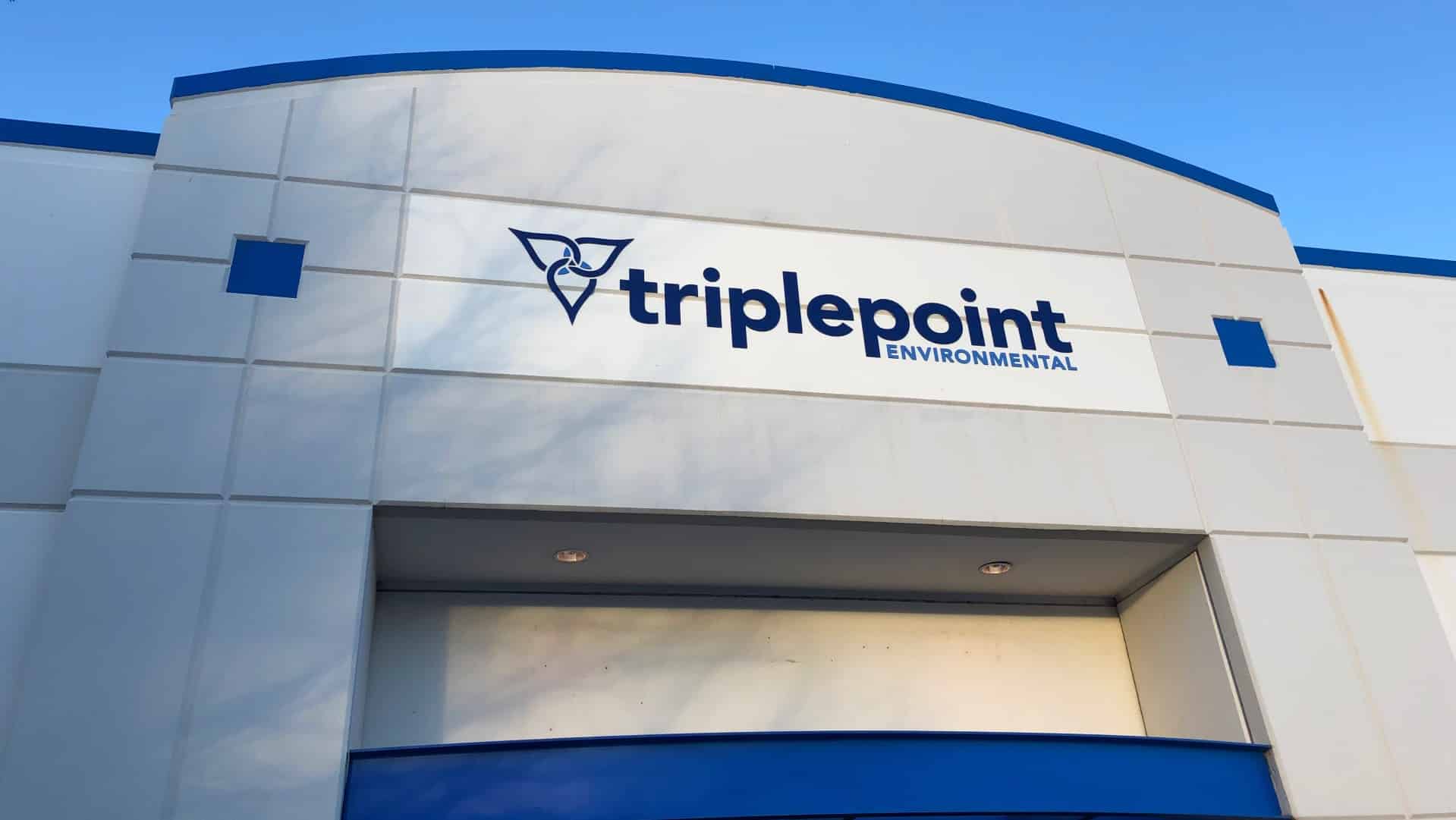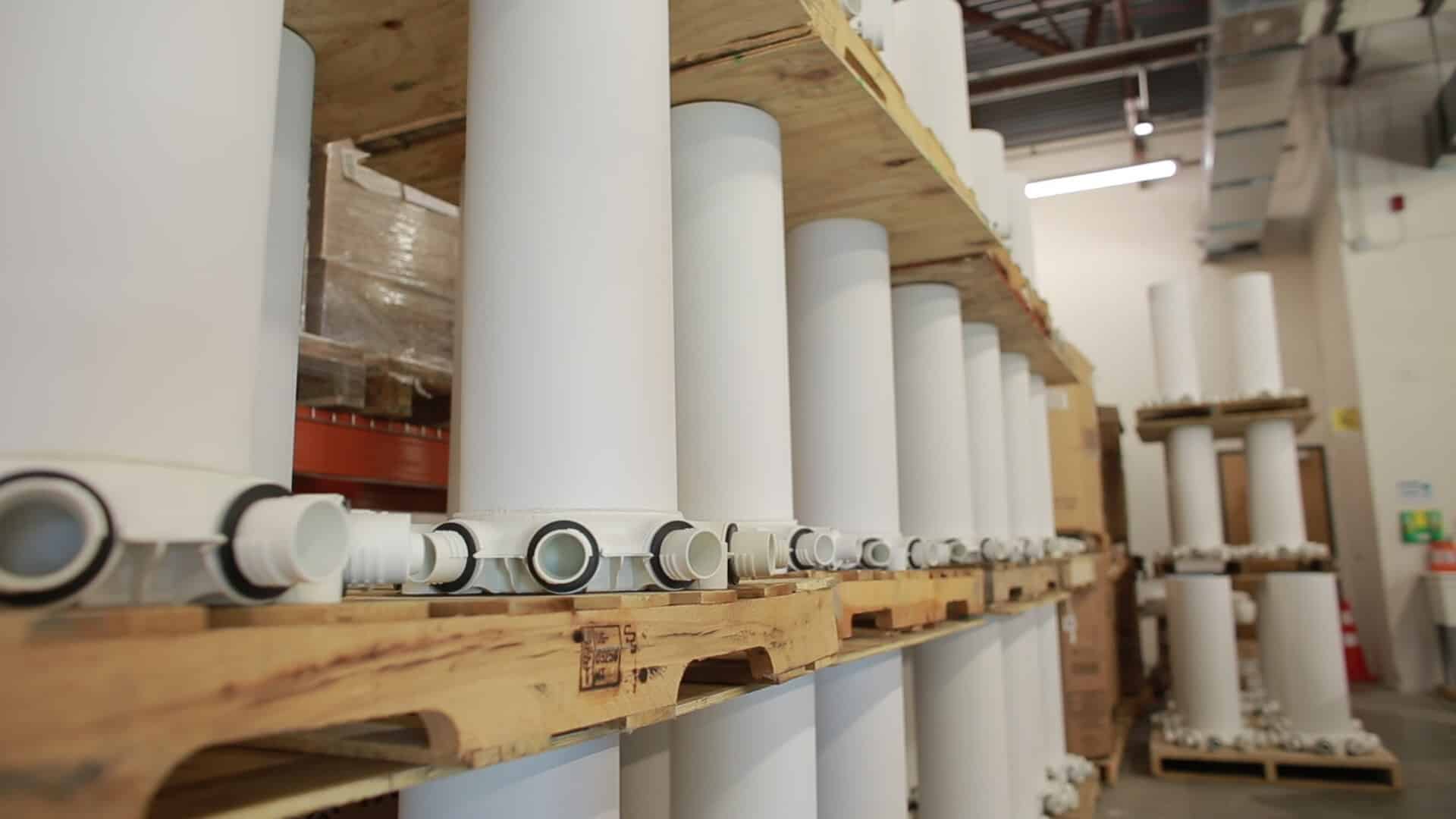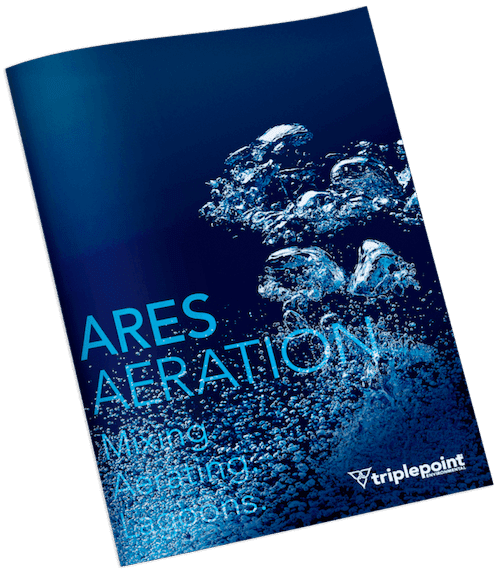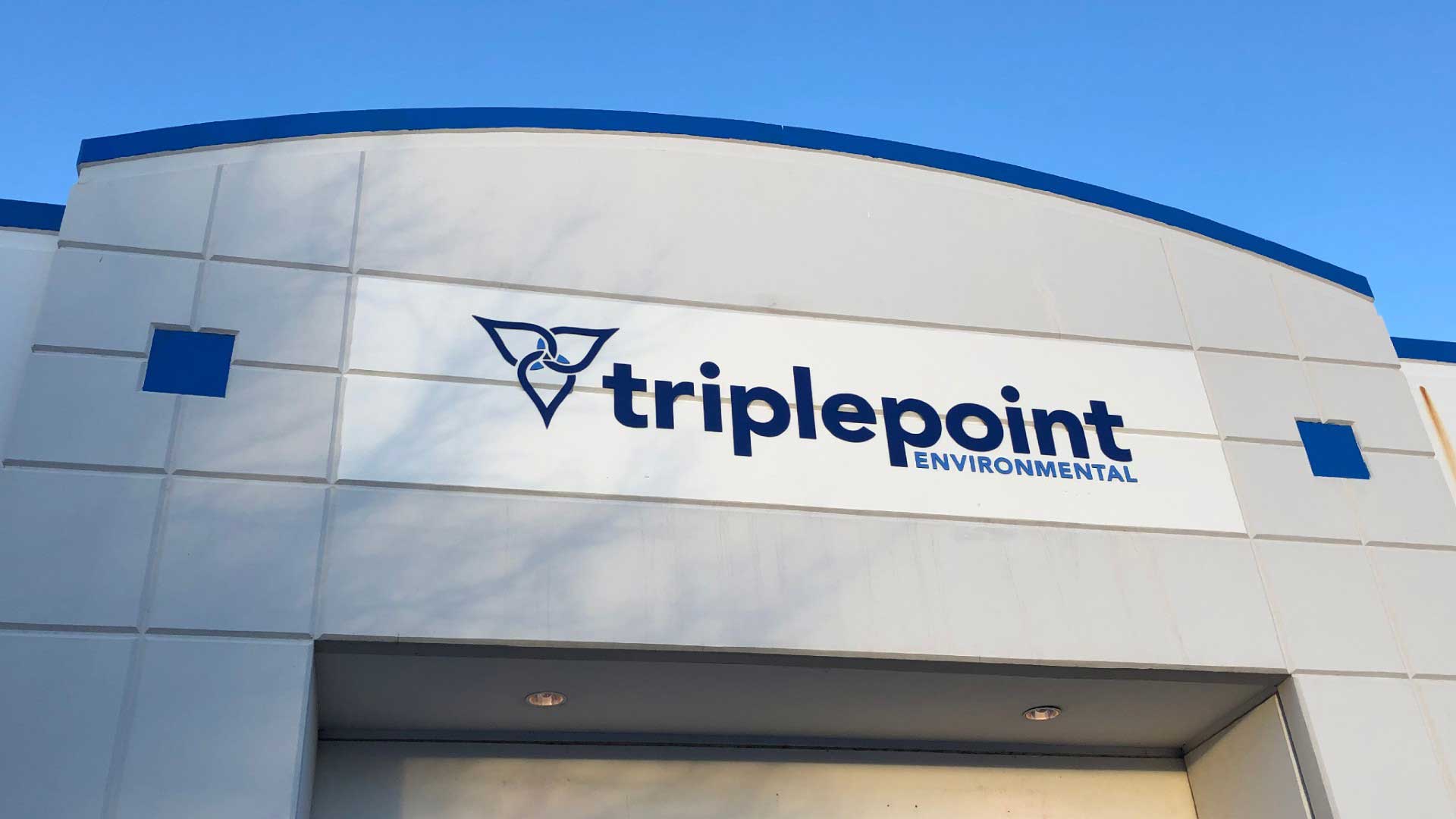
“Made in America” can seem like a trendy slogan or just a little patch sewn inside a T-shirt or cap. But it’s more than that. Much more. It’s a reminder that our fellow Americans are makers, often the best makers in the world at what they do. And if we want to continue to enjoy a thriving economy, benefit from American quality, and not be subject to the whims and politics of other nations, we should support American made.
At times, our government steps in and puts a finger on the scale. In 1933, the Buy America Act was passed by Congress and signed into law by President Herbert Hoover on his last full day in office. During his term, Hoover watched as America slipped into the Great Depression. Requiring the United States government to “prefer” U.S.-made products in its purchases may have been his last ditch effort to prop up the American economy.
Fast forward to November 15, 2021. Congress passed and the President signed the Build America, Buy America Act (BABA) as part of the federal Infrastructure Investment and Jobs Act. The stated purpose was to strengthen Made in America laws to bolster the nation’s industrial base, protect national security, and support high-paying jobs. The desire to jumpstart, and in many cases re-shore, American manufacturing became more urgent in the aftermath of the COVID pandemic’s economic and supply chain disruptions.
It’s worth noting that Biden’s Made in the USA BABA Act is much different that Hoover’s. The 1933 version directed special preference for U.S.-made products. The new version, BABA, requires the head of covered Federal agencies, including the Environmental Protection Agency (EPA), to ensure that no funds made available for a Federal financial assistance program for infrastructure be awarded to a project unless all of the iron, steel, manufactured products, and construction materials used in the project are produced in the United States. That’s not a suggestion, that’s a mandate.
There’s a second requirement of BABA: The cost of the U.S.-made components in a manufactured product must be greater than 55 percent of the total cost, unless another standard for determining the minimum amount of domestic content of the manufactured product has been established under applicable law or regulation. This requirement is a bit more open to interpretation.
BABA and the Water Treatment Industry
Thanks to other recent federal legislation such as the American Rescue Plan Act of 2021, more federal dollars have been made available to the water treatment industry, primarily for municipal treatment plants. Given the common problem of aging infrastructure, rising energy costs, and expanded demand, many municipalities and treatment plants have pursued the newly available federal funding. Any water infrastructure projects receiving any amount of federal funding, including from State Revolving Funds, need to comply with BABA requirements.
And then came the little wrinkle of BABA. Operators were faced with two huge questions: Is the equipment I need to upgrade my plant American made? Do these manufactured products meet the 55 percent threshold? Perhaps realizing the confusion the BABA Act was causing, the U.S. Department of Commerce is now working with the Made in America Office to coordinate compliance with these procurement requirements.
Unfortunately, the confusion continues, as pointed out in the May 12, 2023 issue of Wastewater Digest. According to the author, BABA still lacks the guidance necessary for funding recipients and manufacturers to respond appropriately. And it’s not just utilities impacted by the lack of clarity—manufacturers and equipment suppliers also find themselves in limbo.
The Wastewater Digest article goes on to quote Vanessa Leiby, executive director of the Water and Wastewater Equipment Manufacturers Association, who said, “The challenge I think for all of us right now is how to navigate in a situation where we don’t have the definitive answers.”
Exactly.
Where Triplepoint Stands

Since Triplepoint Environmental was founded in Illinois in 2007, we’ve proudly manufactured and sourced our products in America, supplying industrial and municipal wastewater customers with high-performing, high-value water-processing solutions. Being local and accessible to our customers is the way we do business.
Triplepoint warehouse manager Jon Casey demonstrates how every Ares hub is quality tested in our Colorado factory before being approved for assembly.
In 2020, we relocated our headquarters to Centennial, Colorado, and now occupy a 7,000-square-foot facility that includes office, manufacturing, and warehouse space. Our flagship product, the Ares Aerator®, is assembled entirely in our Colorado factory by American workers from components made in America by Triplepoint or sourced from American suppliers. This qualifies our products as produced in the United States as defined in the Build America, Buy America Act, P.L. 117-58, §§ 70911–70917):
“All manufactured products used in the project are produced in the United States. This means the manufactured product was manufactured in the United States, and the cost of the components of the manufactured product that are mined, produced, or manufactured in the United States is greater than 55 percent of the total cost of all components of the manufactured product, unless another standard for determining the minimum amount of domestic content of the manufactured product has been established under applicable law or regulation.”
Triplepoint is very proud of the fact that our products and components are American made and in compliance with BABA. Creating jobs in America, ensuring our customers have quality products and our supply chains are resilient is very important to Triplepoint—with or without an act of Congress. Just saying.
If your project must be BABA compliant, let us know so that we can ensure all specified system components sourced on your behalf from outside suppliers meet BABA requirements.


